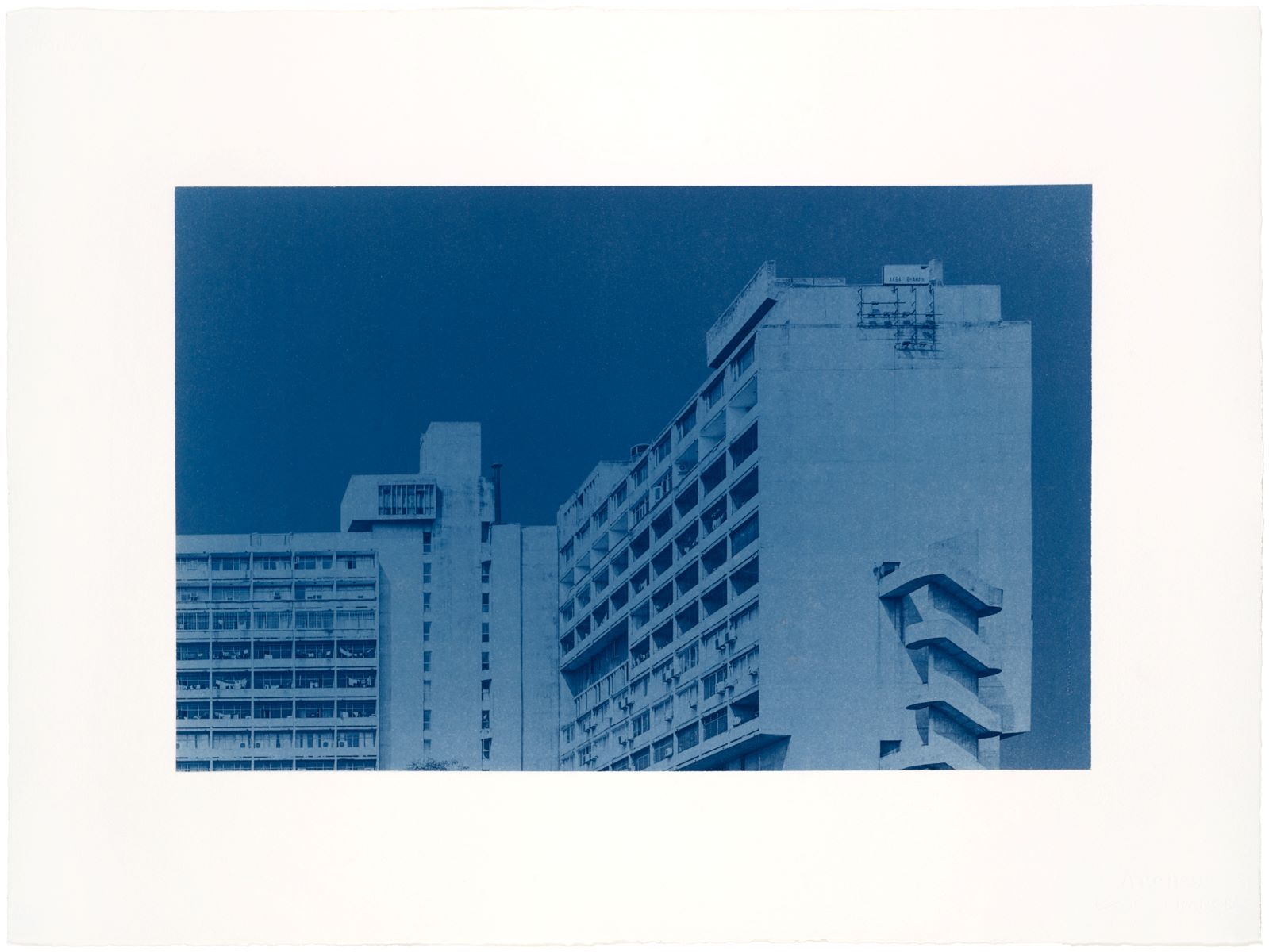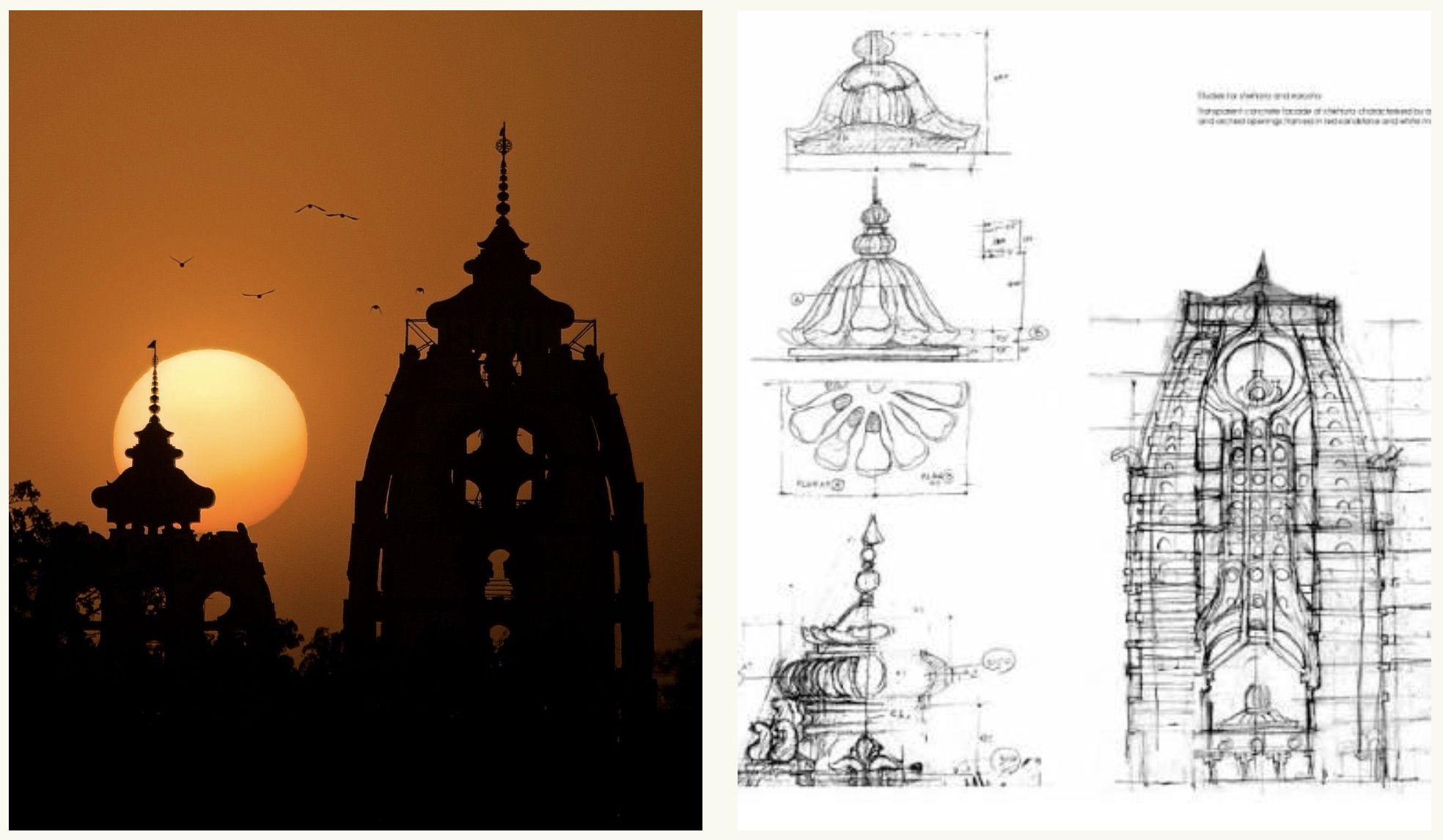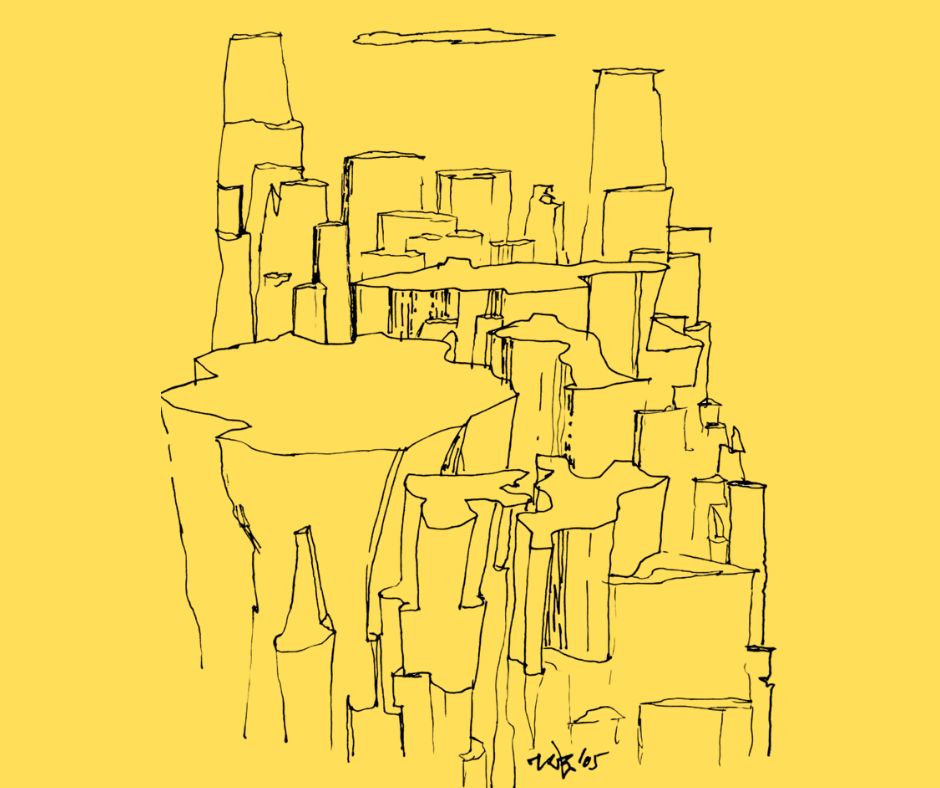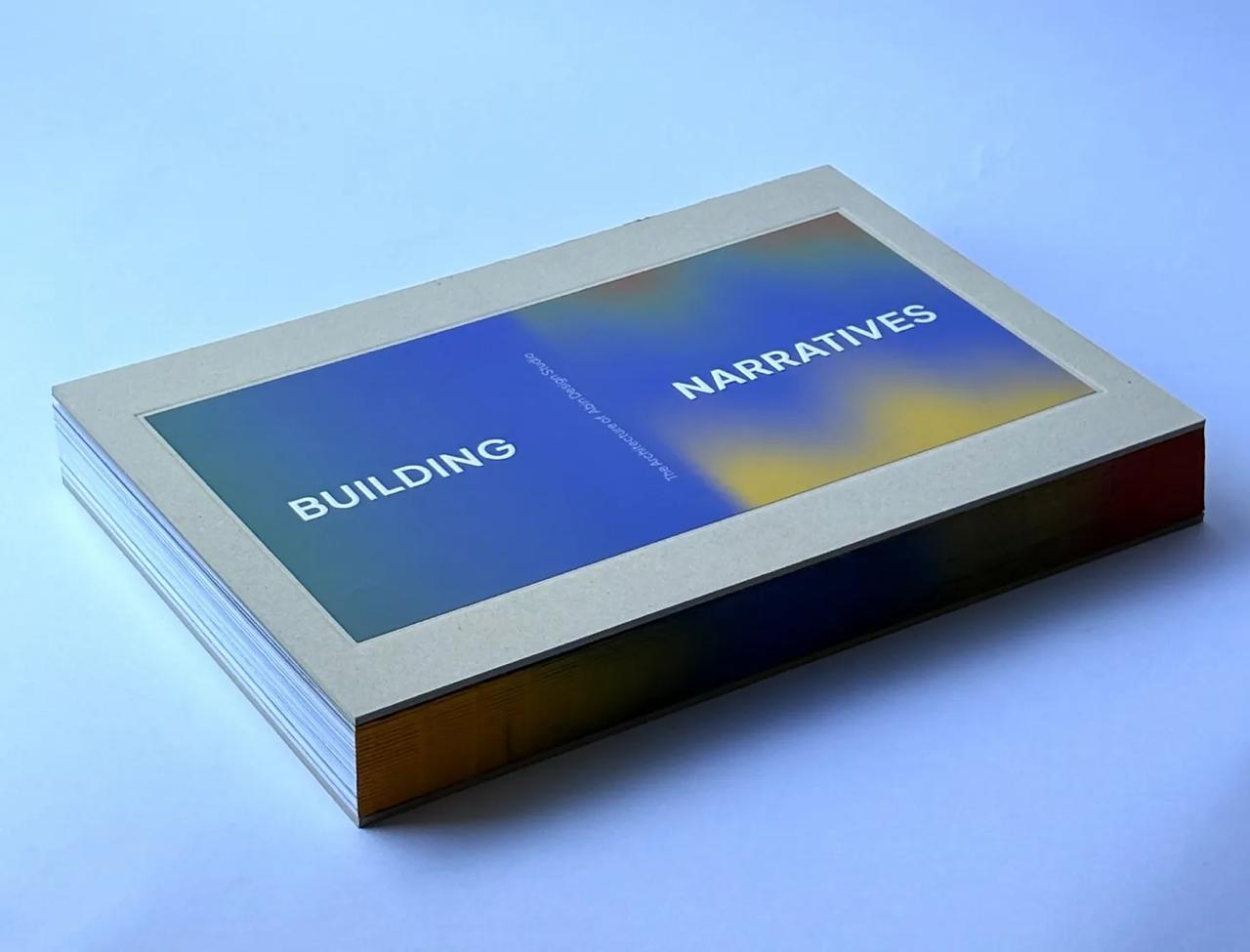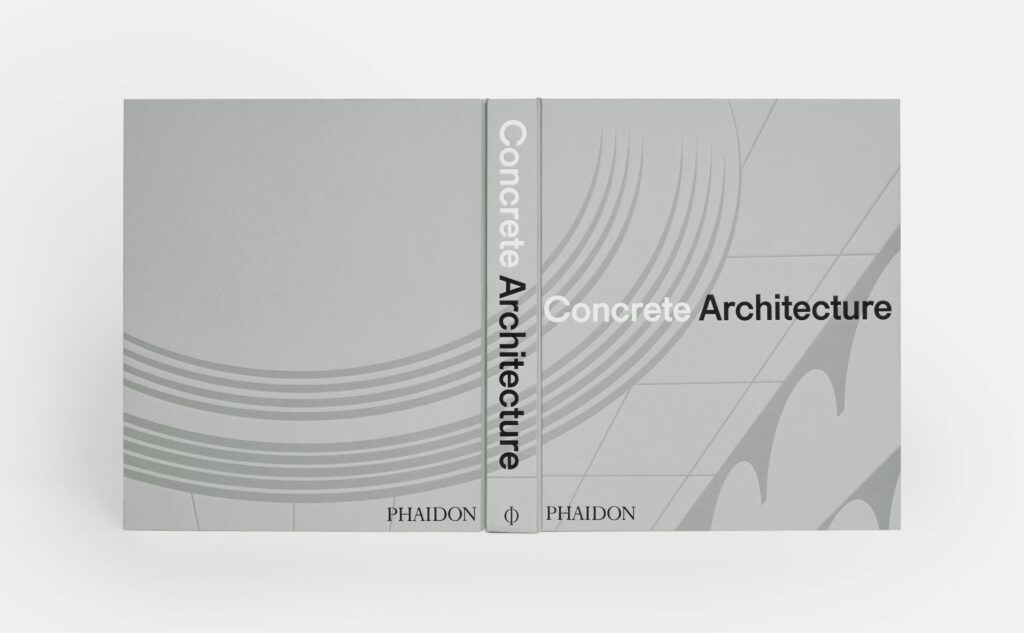
Concrete Architecture, by Phaidon, is an awe-inspiring collection of concrete’s architectural ingenuity, creativity, and diversity from the beginning of the 20th century to present day. The book features more than 300 duotone images of structures from over 60 countries around the world, showcasing the might, majesty, and sculptural beauty of concrete buildings through the work of hundreds of architects.
Beloved by designers for its fluidity and versatility, concrete can create nearly any imaginable form, from sensuous curves and daring cantilevers to enormous domes and towering skyscrapers. Concrete Architecture’s sprawling scope includes minimalist Japanese churches, expressive Soviet-era monuments, winding airport terminals, corrugated Brutalist behemoths, and the structures from the skylines of Cambodia, Cuba, Mozambique, and Montenegro, making this a truly global survey.
Most of the book showcases one building per page, with images of well-known masterpieces by luminaries such as Oscar Niemeyer, Toyo Ito, Alvaro Siza, Zaha Hadid, Marcel Breuer, Frank Lloyd Wright, and Le Corbusier shown alongside lesser known but equally inspired contemporary creations. Surprising juxtapositions and delightful similarities make every spread a visual delight.


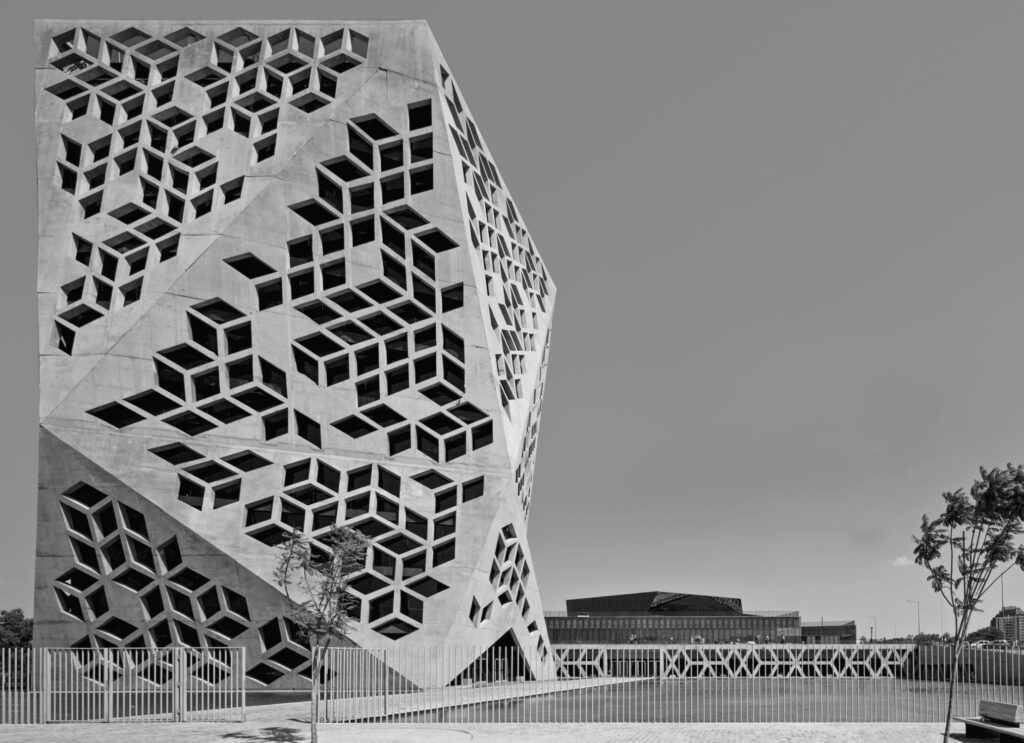
An introductory essay by acclaimed architecture writers Sam Lubell and Greg Goldin contextualizes this hefty tome, chronicling the long history of concrete architecture over more than a thousand years, dating back to the classical civilizations of Greece and Rome. With an eye toward a sustainable future, the essay also invites readers to reflect and determine what kind of buildings we should be designing and inhabiting in the years to come.
This is important because, whatever the future will bring, it will almost certainly include a lot more concrete. Concrete is the most abundant manufactured material in the world. It is found in our homes, offices, hospitals, churches, cemeteries, museums, and schools. From the oldest concrete structure featured in the book – the historic Centennial Hall (1913) in Wroclaw, Poland – to the most recent – the Marshall Building (2022) in London, England – it is clear that the possibilities and limitations of concrete have literally shaped the world we live in.
And while inspiring concrete designs are all around us, from muscular factories to delicately patterned ornamentation, the material’s aesthetic appeal is often a subject of fervent debate. Even the most ardent Brutalist might describe the material as utilitarian, and many others have even called it ugly. This remarkable and accessible compendium, however, provides compelling evidence on the contrary, celebrating concrete’s unusual and enduring beauty as well as its utility. As Lubell and Goldin note in their introduction, the improbable, contradictory, and tactile qualities concrete lends to buildings are particularly fascinating now, when our lives are so dominated by the seamless, untouchable digital world.
Boldly designed and clearly written, Concrete Architecture weaves through a century of groundbreaking design. Filled with stunning images, engaging text and reliable reference information, it is sure to be a welcome addition to any library.
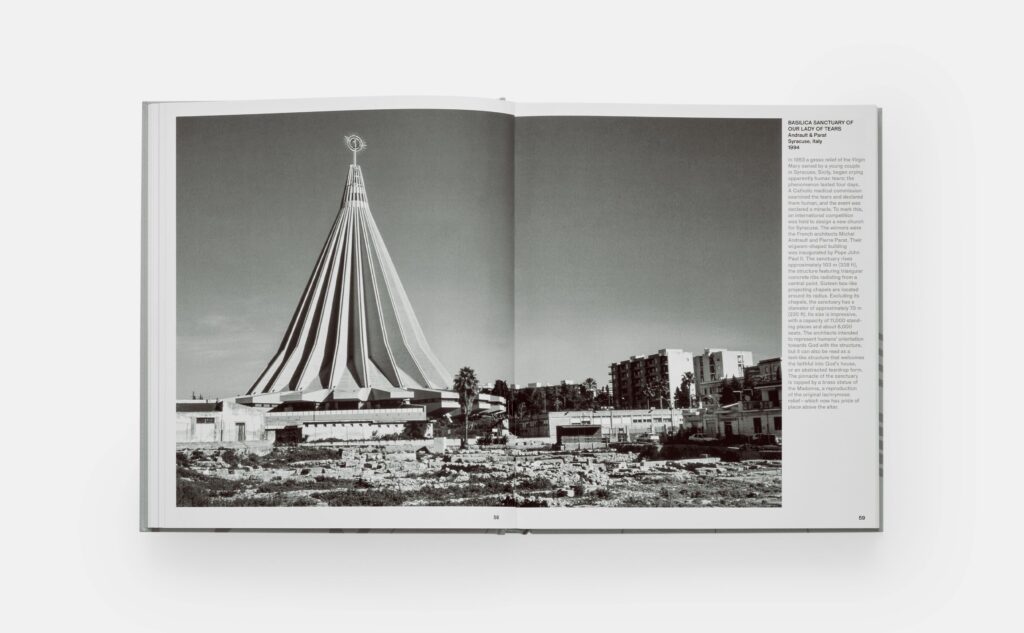
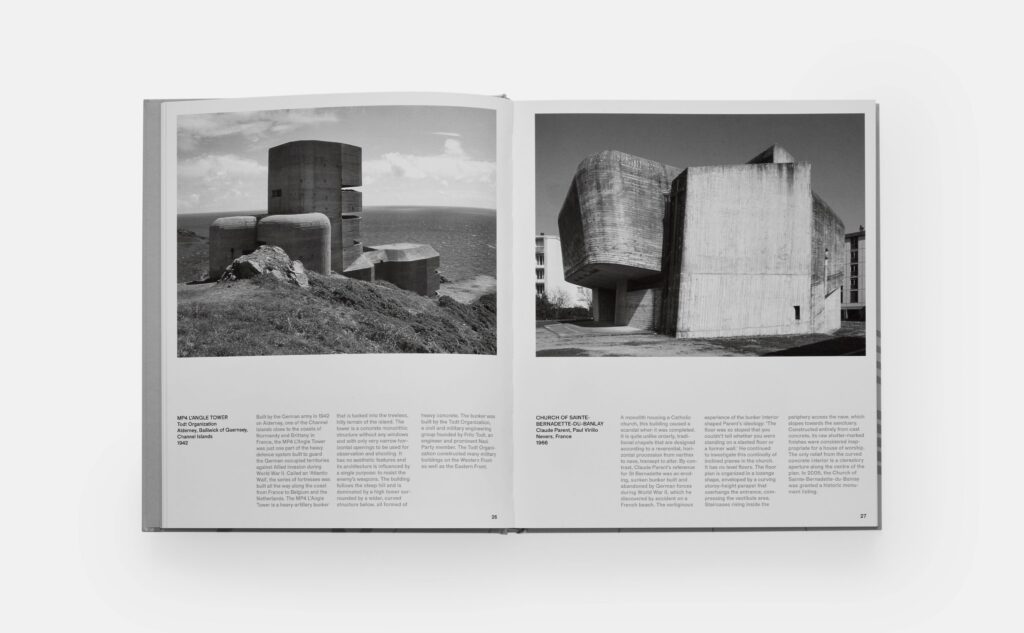
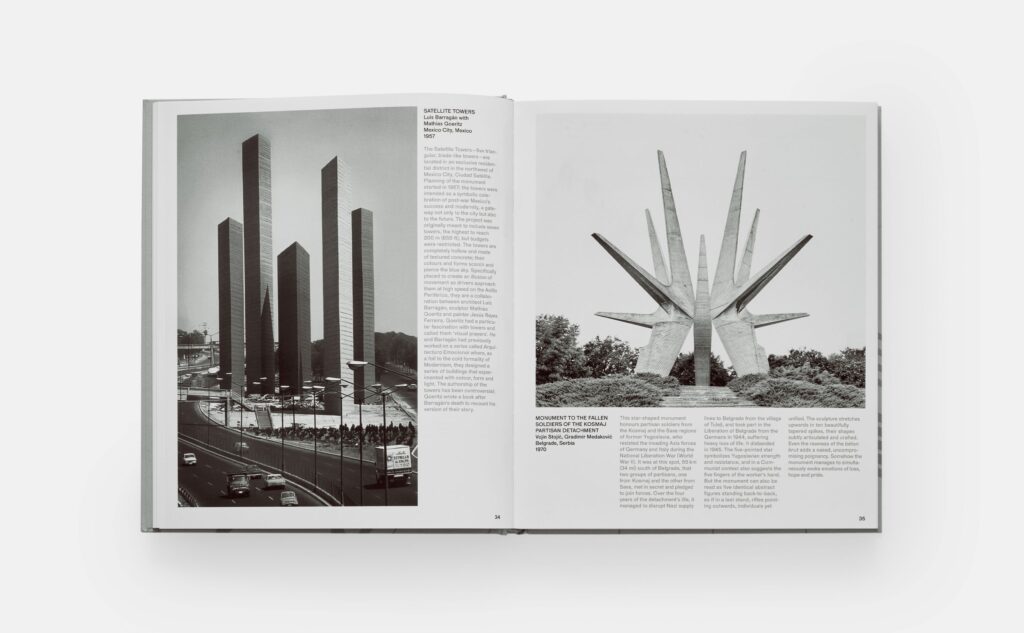
Book Details:
Title: Concrete Architecture
Author: Phaidon Editors, with Sam Lubell and Greg Goldin
Publishing date Date: May 2024
Publisher: Phaidon Press
Binding: Hardback
Extent: 352 pp
Illustrations: 300 illus.
Size: 11 3/8 × 9 7/8 in
ISBN: 9781838667115
Pre-order: Phaidon Store


